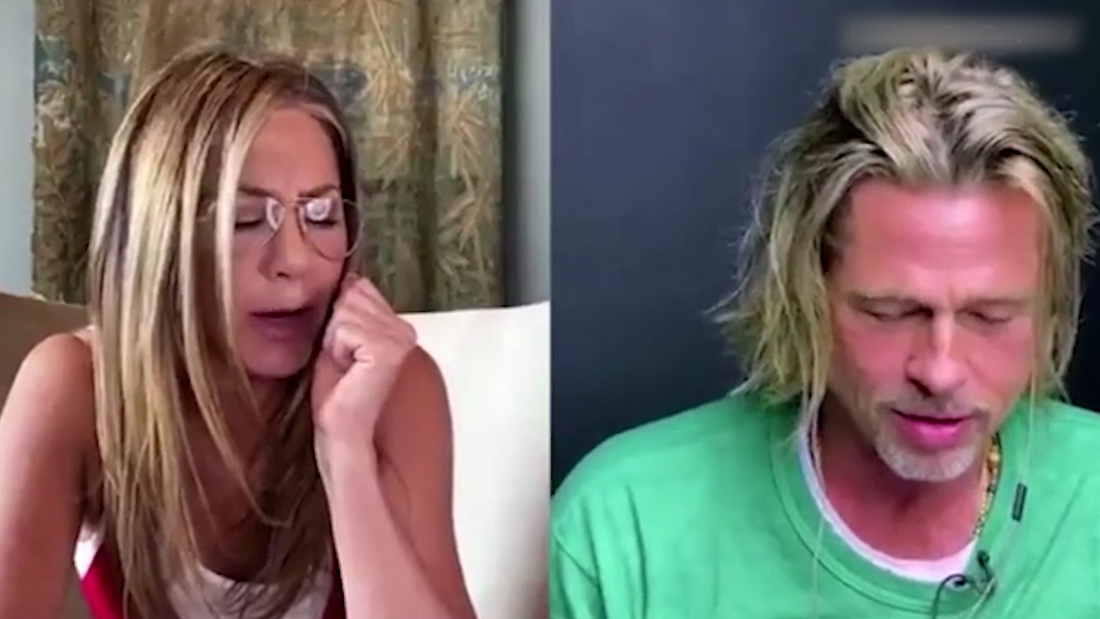Recently, some social media platforms have tightened their rules about which content is allowed and which is not. Facebook, for example, is actively committed to depicting stereotypes and the company therefore bans images of blackface. According to Facebook standards, Zwarte Piet also falls under these new rules, which in turn has caused a lot of fuss. How far can a company like facebook go in making such rules? In this episode of Doorbraak radio, Linda Duits, media scientist associated with the University of Utrecht, shines her light on this discussion.
The discussion about Zwarte Piet
German is of the opinion that it is better that Zwarte Piet disappears. Like many people of her generation, she grew up with Zwarte Piet and has never seen a problem with it. That changed when the protest started in the Netherlands and she started to look at it from a different angle. “It’s a racist caricature, not only because of the blackface but also because of the thick lips and the earrings.” According to German Zwarte Piet refers to the past of slavery. This ensures that some children do not enjoy the Sinterklaas party because they are called names for Zwarte Piet. ‘It should be an inclusive party so I hope we get rid of Zwarte Piet soon.’
German takes this reasoning a little further and thinks that we should think about the usefulness of things that we take for granted but that can be exclusive and racist. ‘We have to take a critical look at our culture.’ Our culture and society are changing and we have to keep up with the times.
Should we tinker with traditions?
The tradition of Zwarte Piet is less old than many people think, says German. New traditions are constantly emerging. A lot has also changed over the years at the Sinterklaas celebration. The change that is now being requested is not very big, according to German. Pete should not disappear, only the black painted Pete should be different. ‘If people are struggling with this change, they should first ask themselves why they want to stick to the caricature of Zwarte Piet so necessary.
Is this theme easier to discuss in the Netherlands than in Flanders? To answer this question, German does not know the situation in Flanders well enough. But she does have the impression that the Flemish in particular think that the debate is more polarized in the Netherlands than in Flanders. ‘In the Netherlands, a lot has changed in the meantime.’ German is convinced that Zwarte Piet will soon be a thing of the past.
Cultural appropriation
German does not immediately see a problem with cultural appropriation, which means the acquisition of cultural elements from another culture. ‘Culture basically consists of cultural appropriation, that’s what we’ve always done.’ According to German, it is important that there is a kind of recognition for the culture from which certain elements have been adopted. Just think of white fashion designers who take the mustard for a new collection from African culture and therefore give credit for it to a certain extent.
German finds it problematic that a company like facebook would determine what we will see and what not. “Facebook is an enormously powerful organization and therefore has an enormous influence on the public domain.” When social media then determines what can and cannot be shown on their platform, it can go very far, since we are also very dependent on social media. It is not up to Facebook to regulate what is and is not allowed, because as an American company it is mainly guided by American conservative ideas. ‘It is up to the democratic governments to regulate and to social media to adapt their algorithms.’
Supporters of Zwarte Piet also have the right to meet online, and even to post images of Zwarte Piet in closed groups, says German. ‘It is an important fundamental right that we should not take away from people.’
Editor: Rani De Leeneer
–


